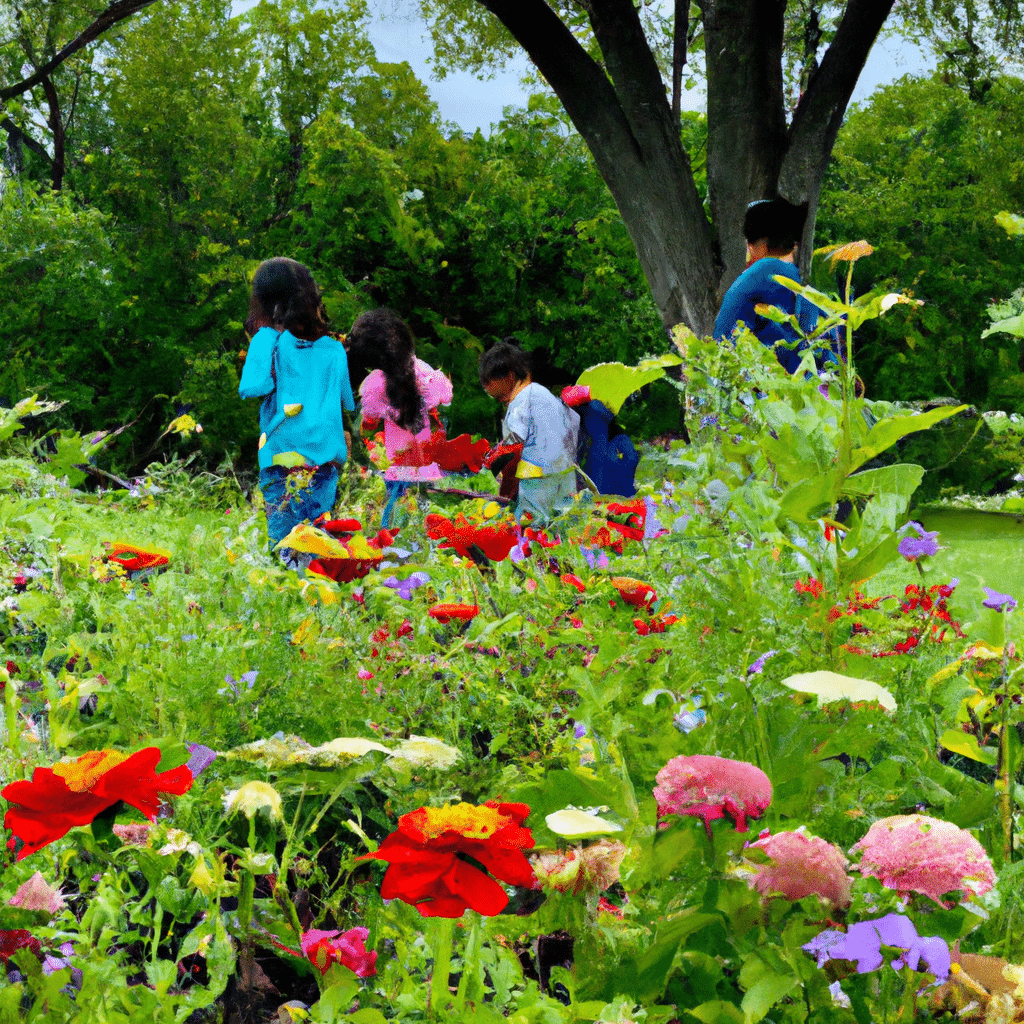Welcome to our comprehensive guide on the secret life of bees! In this article, we will delve into the fascinating world of these incredible creatures and explore how they play a crucial role in our ecosystem. Bees are not only responsible for producing honey but also serve as vital pollinators, ensuring the survival of countless plant species, including those that make up our food system. Join us on this educational journey as we uncover the wonders of bees and discover how we can inspire kids to protect them.

The Importance of Bees in Our Ecosystem
Bees, as pollinators, are instrumental in the reproduction of flowering plants. When bees collect nectar from flowers, pollen sticks to their bodies, transferring from one flower to another as they move around. This process, known as pollination, fertilizes the plants and allows them to produce fruits, seeds, and new plants. Approximately 75% of all flowering plants rely on pollinators like bees to reproduce.
The Role of Bees in Food Production
Bees’ contribution to our food system cannot be overstated. They are responsible for pollinating a wide variety of crops, including fruits, vegetables, nuts, and oilseeds. Without bees, many of these crops would struggle to reproduce and yield the bountiful harvests we rely on. In fact, it is estimated that one out of every three bites of food we consume is made possible by pollinators, predominantly bees.
The Decline of Bee Populations
Despite their vital role, bee populations worldwide are facing significant challenges. Factors such as habitat loss, pesticide exposure, climate change, and diseases have led to a decline in bee numbers. This decline not only threatens the survival of bees but also puts our food system at risk. It is crucial that we take action to protect and support these incredible creatures.
Inspiring Kids to Protect Pollinators
Education plays a pivotal role in inspiring kids to become advocates for pollinators and take action to protect them. By instilling a sense of wonder and understanding about the secret life of bees, we can empower children to make a difference. Here are some engaging ways to inspire kids to protect pollinators:
1. Bee Gardens and Pollinator-Friendly Spaces
Encourage kids to create bee-friendly gardens or small pollinator habitats in their backyards or communities. Provide them with information on native plants that attract bees and other pollinators. Engaging in hands-on activities like planting flowers and observing visiting bees can foster a sense of responsibility and appreciation for these important creatures.
2. Educational Resources and Workshops
Develop educational resources and workshops that focus on the importance of bees and other pollinators. These resources can include interactive presentations, informative videos, and engaging worksheets. By presenting the information in a fun and accessible manner, kids will be more likely to understand and retain the knowledge.
3. Beekeeping Programs
Introduce kids to the art of beekeeping through educational programs. Beekeeping can be a rewarding and educational experience, allowing children to witness firsthand the intricate lives of bees. By learning about hive management, honey extraction, and the challenges faced by beekeepers, children can develop a deeper appreciation for these remarkable insects.
4. Community Outreach and Events
Organize community outreach events focused on raising awareness about bees and their importance. Invite local beekeepers, scientists, or environmentalists to speak and share their knowledge. Engage children in hands-on activities like building bee hotels or participating in guided bee walks. These events can create a sense of community and encourage collective action to protect pollinators.
Conclusion
In conclusion, the secret life of bees holds remarkable wonders that inspire awe and appreciation. By educating and engaging kids in the protection of pollinators, we can sow the seeds of change for a sustainable future. Bees are not just insects; they are vital contributors to our food system and the overall health of our ecosystem. Let us come together to safeguard their existence and ensure a thriving planet for generations to come.



